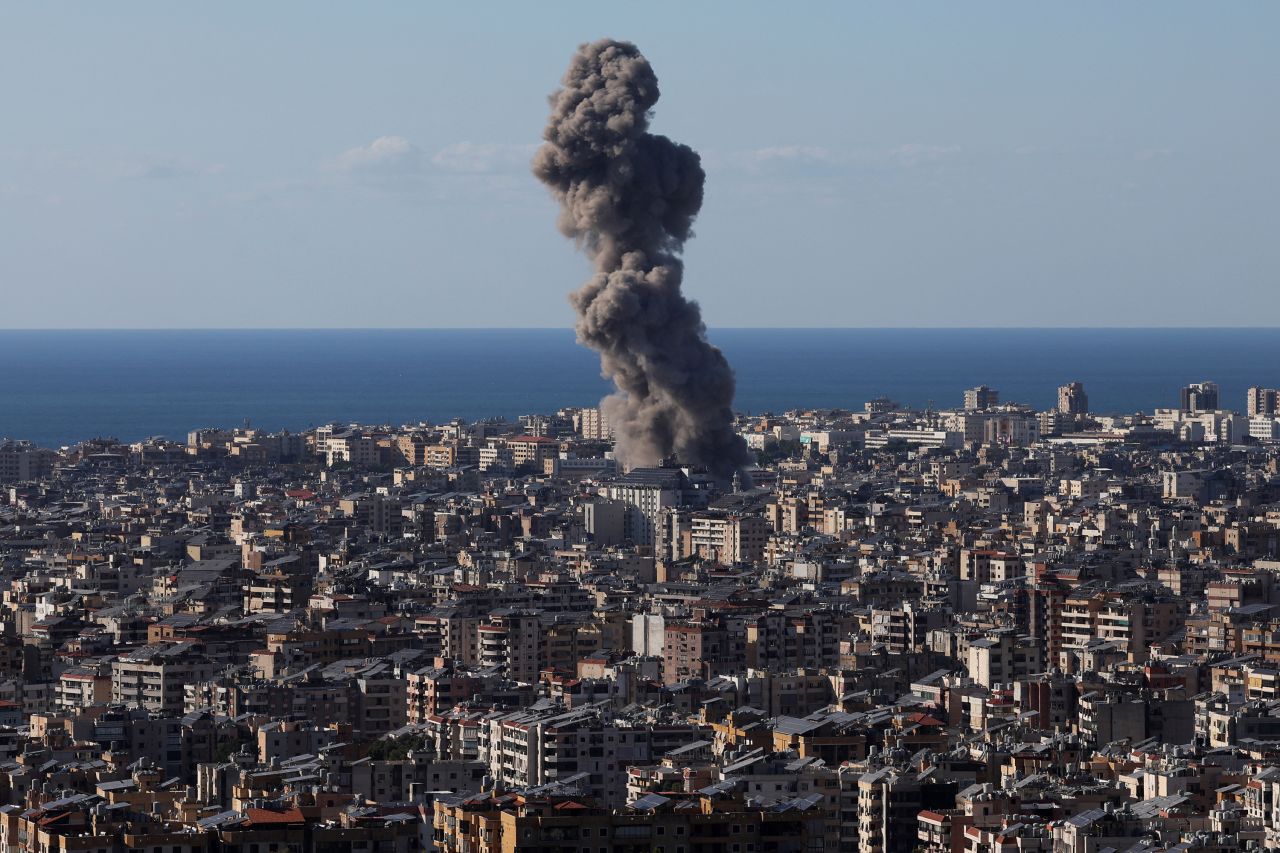Airstrikes hit southern Beirut soon after Israeli military warning

Airstrikes hit southern Beirut on Saturday shortly after the Israel Defense Forces (IDF) issued an urgent evacuation warning for residents of two buildings.
Lebanese state media confirmed that at least two airstrikes struck the southern suburbs of Beirut. The state-run National News Agency reported, “Israeli warplanes launched an airstrike targeting the Haret Hreik area,” followed by a second, more intense strike on the southern suburbs, sending plumes of smoke into the air.
It remains unclear whether the strikes directly targeted the buildings mentioned in the earlier IDF warning.
“For your safety and the safety of your family, you must evacuate these buildings and those nearby immediately and move at least 500 meters away,” an IDF spokesperson had warned on X before the strikes.
Following the attacks, the IDF issued a second evacuation notice, warning residents near Hezbollah facilities in the Choueifat Al-Umara neighborhood to leave, as future operations would focus on those areas.
Israel’s actions in Lebanon: On Friday, residents of 23 villages in southern Lebanon were told to evacuate and move north. Earlier this week, the UN Refugee Agency (UNHCR) Middle East director reported that around one-fifth of Lebanon’s population has been displaced, with about a quarter of the country under Israeli evacuation orders.
Anti-government protesters in Israel demand a deal to release hostages
Large crowds gathered across Israel on Saturday, calling on Prime Minister Benjamin Netanyahu and his government to prioritize the return of hostages in Gaza. In Tel Aviv, protesters blocked traffic outside the Israel Defense Forces’ headquarters, chanting against the government.
Eran Nissan, a peace activist from the progressive group Mehazkim, has been attending anti-government protests since January last year. On Saturday, he distributed T-shirts and stickers critical of far-right security minister Itamar Ben Gvir.
Nissan emphasized that the protesters’ main demand was a ceasefire-for-hostages deal, stating, “The issue of hostages is the first, second, and third priority.” He noted that the killing of Hamas leader Yahya Sinwar earlier in the week could open a window for a deal.
“There’s a solid majority and consensus in Israeli society on this,” Nissan added, referencing a previous ceasefire and hostage exchange last November, where 105 hostages were freed. Currently, Israeli authorities estimate 101 hostages remain in Gaza, though up to one-third may be dead.
Nissan also suggested the government might want to extend the war to avoid facing accountability. “Once the war is over, they’ll have to answer questions about their role in leading Israel to the October 7 attack, face a national inquiry, and confront calls for elections, where polls show they’re losing support,” he said.
These protests marked one of the largest demonstrations in Israel since the government restricted mass gatherings due to security concerns following the October 1 Iranian missile attack, which Iran claimed was in response to the killing of Hezbollah leader Hassan Nasrallah.
